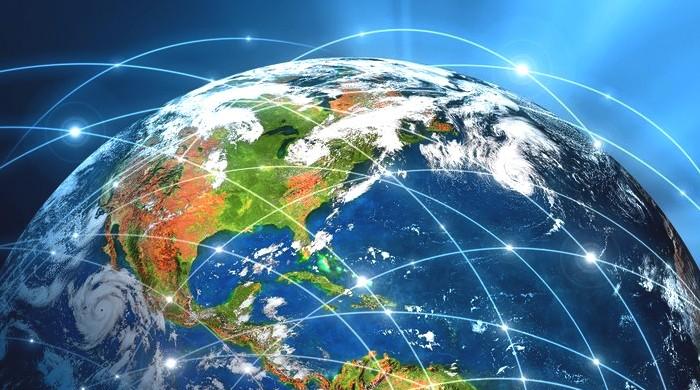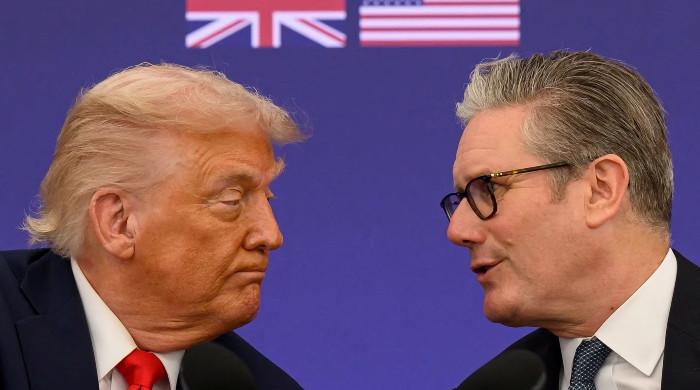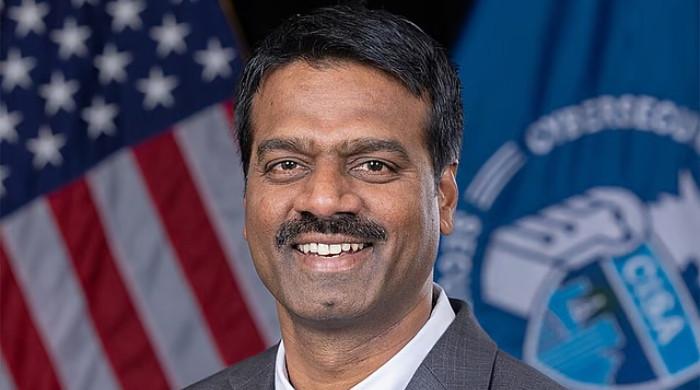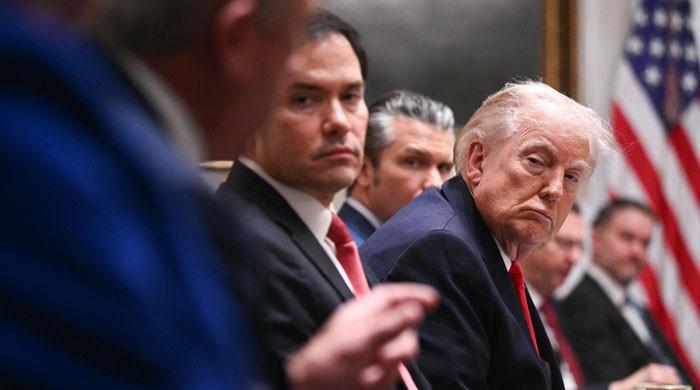Is globalisation making us selfish?
Democracy to definition, globalisation, and automation is causing a lot of resentment and disconnection
January 06, 2017

“The Internet and globalisation have led to a familial divide” is one of the most frequently-heard adages in recent times, yet no one is willing to step forward to gauge the impact, if it really stands true. The trend to criticise inter-connectivity and technology is new.
What people, however, fail to realise is that the problem, which has quite an element of legitimacy to it, has been prevalent for well over three decades. This is a genuine issue, but reasons that have led to it increasingly ringing true nowadays are less likely due to lack of resources, and more a work of authority’s failure to change it.
Back in the 70s and 80s, most governments were unable to recognise that it is the policy that needs altering. Nonetheless, it has now become increasingly evident that the divide is expanding, and before long, it may possibly dent market systems, if not lead to revolutions and protests.
Federal policies, a major driver of how economies function and people's grievances are resolved, have been centered around international relations and military arsenal than identifying cracks in respective ruling systems.
Uncle Sam and Blighty
The latest example of this split was observed in the US elections, held in November 2016. While a majority of Internet users were quite confident that a Republican such as President-elect Donald Trump – who lost favour from some of his own allies based on the statements he made during the campaigning process – could actually enter the Oval Office, the ground reality was, in contrast, simmering with something else that laidback liberals were quite complacently unaware of.
It turned out to be a harsh slap in the faces of those who thought their Democrat favourite Bernie Sanders – who dropped out of the Presidential race mid-July 2016 – would triumph, along with supporters of Hillary Clinton. It highlighted the underlying reservations of American people, and how it was a very long shot to bring Sanders into power, favourers of whom subsequently resorted to joking and Internet memes, signalling their refusal to admit the issue.
Another very prominent and alarming political move was Brexit – Britain’s decision to leave the European Union (EU), where the age difference skewed the vote.

The graph above shows the dominant mindset of people in Britain. Building on the agency problem – that reflects a conflict of interest leading to disparity and one or more sides being upset – were the actual results, which are quite similar, as depicted below:
A big majority of under-40s opted to remain in the EU, whereas over-40s overwhelmingly leaned towards exiting. This underscored the indifference of old people and retirees for future economic growth and living standards, and instead brought to light their longstanding, unwavering political viewpoint.
A shock for the wealthy and elite
What these developments drew attention to was the fact that there is an ever-growing rupture in the society. While apparently policy-makers have been unaware of this, University of Manchester Economics professor Diane Coyle refers to Benjamin Friedman, who, in The Moral Consequences of Economic Growth, commented that “democracy requires a growing economy to lubricate the necessary give and take.”
Coyle remarks that sympathy towards others’ monetary conditions is positively correlated with a person’s own standard of living. This stems from bitterness at realizing inability to make their own and their children’s future more financially secure.
The 2008 financial crisis is not the determining factor for this imbalance; in fact, it has been brewing since decades. Although it has finally been brought to notice now, real action is still essential to address and fix the problem before it is too late.
The professor has suggested three areas of reform that can elevate structural and economic growth, as well as more connectivity for smaller cities and promotion of democracy to definition.
Infrastructure, education, and decentralized authority
Metropolises are a melting pot, attracting people for jobs, companies for corporate relations, and artists for exposure. However, faraway towns and small cities need to have better linkages in order for skills and talents to be exchanged. Recommendations made by Coyle include “fast broadband universal [and] high-speed rail.”
Moreover, children need to be equipped more with skills and knowledge instead of turning them into computers. For this, the economics teacher thinks teaching coding and encouraging creativity is far more significant
Power to people, Coyle suggests, is another point to be focused on. The lesser-known, low-importance cities should have more authority delegated to them in order to better manage resources according to people, their skills, and their needs. Coyle believes that it is redundant for a leader sitting in a distant city to create policies for a “local economy” they are not familiar with.
A likely solution to leaders’ response of lack of resources is public capital and tax money. Coyle says, “[End] tax breaks for corporations and wealthy individuals and the money for investment could be found.”
Albeit extremely sluggish, this problem is starting to get acknowledged. “We can’t afford to take several more decades to get policy right,” Coyle stated.
—The article borrows ideas from Diane Coyle's piece on Globalisation











